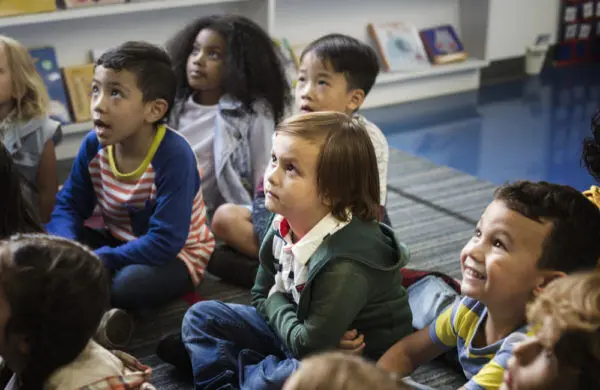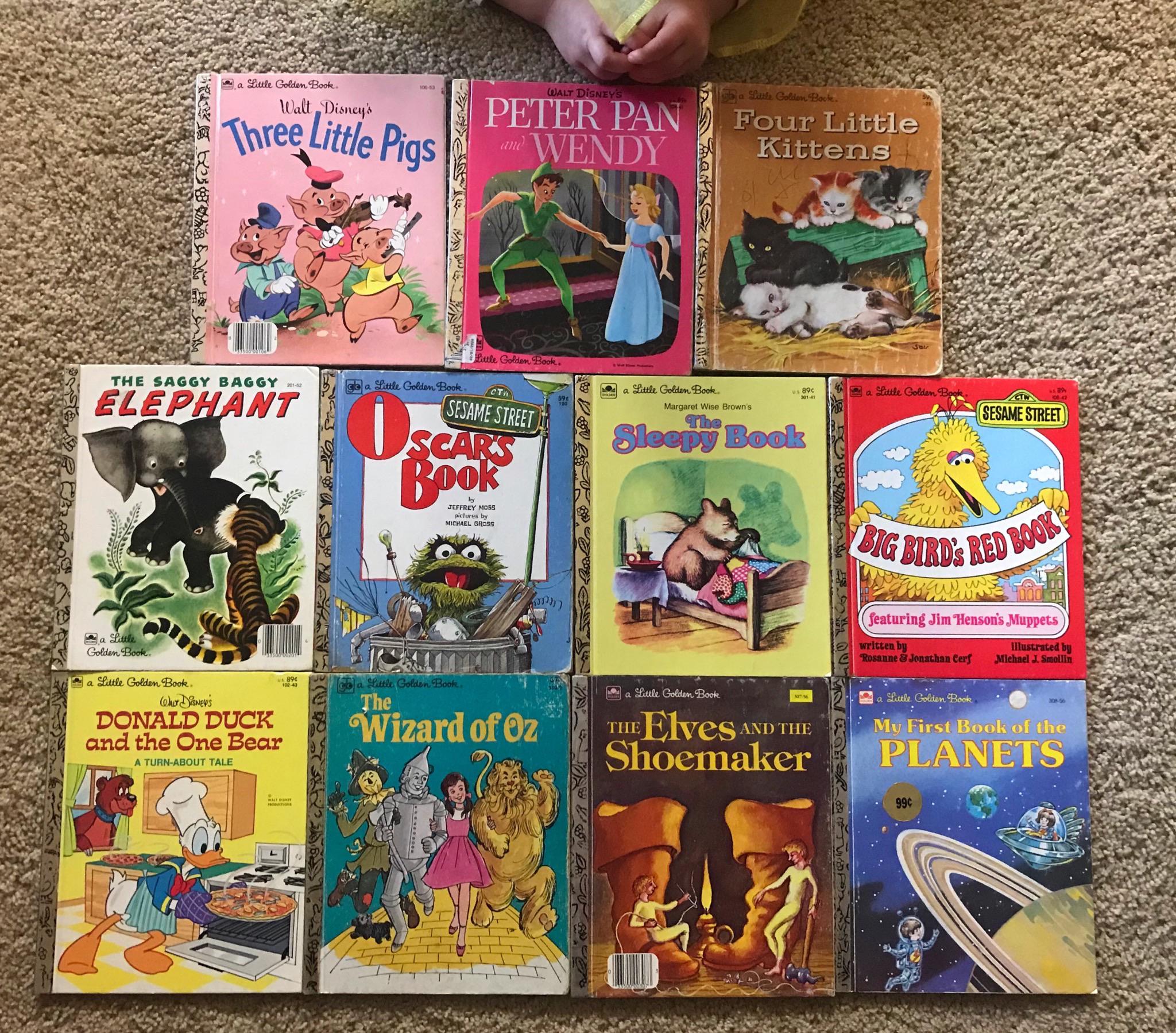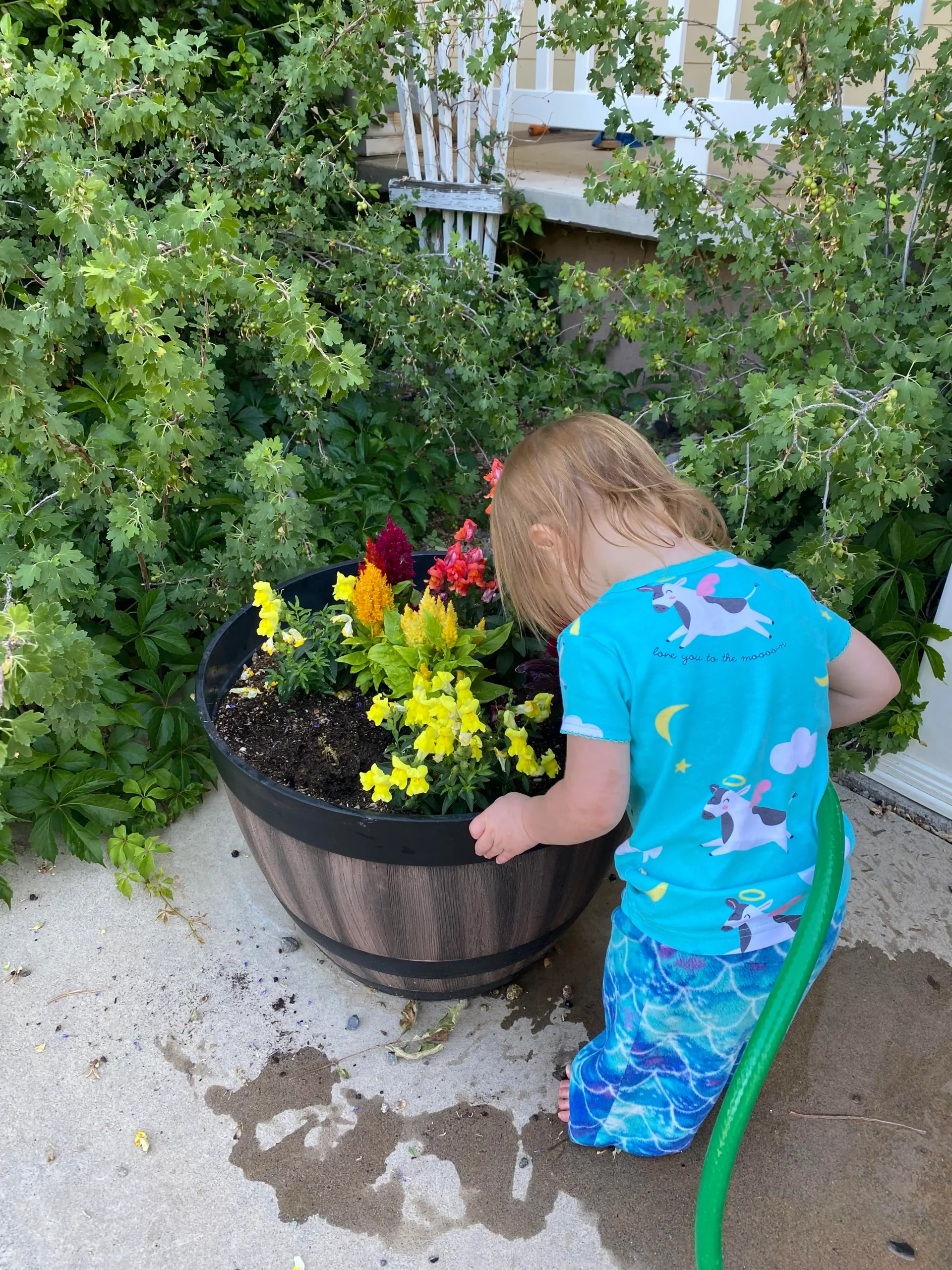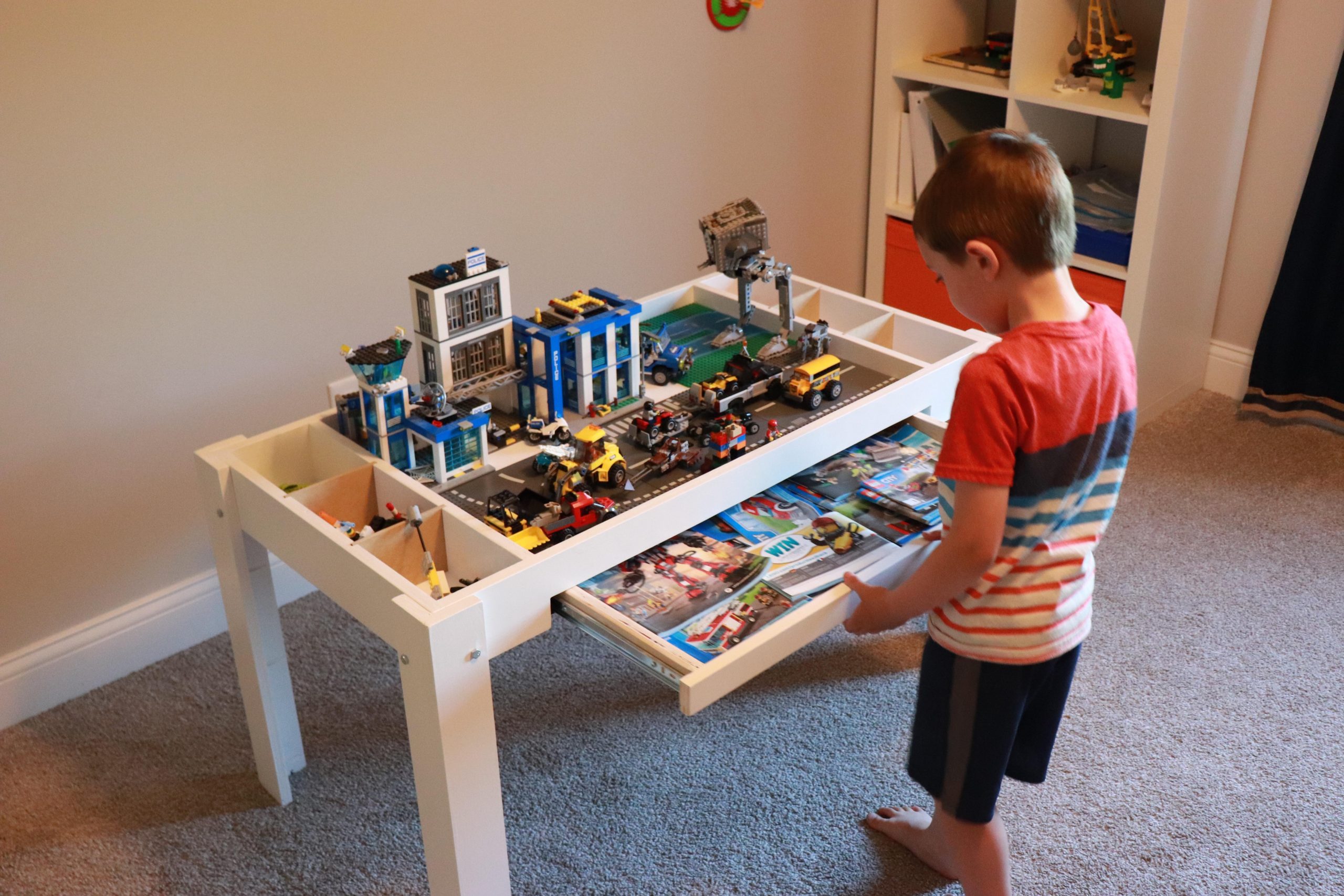
Things Every Parent Should Teach Their Child
1. Respect for others and themselves.

Image Source / pinterest.com
First and foremost, it's super important for parents to teach their children to have respect for themselves and for others. When children are raised to be respectful, they'll have a much easier time making friends throughout their lives. The friends that they do make are more likely to be good people, too. Respectful children grow up to be more successful in school, and are more open minded.Advertisement
2. Kindness and empathy towards others.

Image Source / tscor.org
Likewise, children should always be shown how to act with kindness and empathy towards other people. This will mean that they will make good choices in life and of course are far less likely to hurt others. Their relationships will be healthier and they're more likely to play an active role when it comes to helping other people. This is done when parents model this behavior themselves, praise this behavior in their children and talk about kindness and empathy.Advertisement
3. Good manners and etiquette.

Image Source / thesplendidlifestyle.com
If parents want their child to go far in life, then good manners and etiquette is an absolute must. When these things come as second nature to a child, they're more likely to succeed in school and later in life when they're building a career. This is because they make a good impression, whilst treating others politely and considerately. Children learn these values when there are clear expectations laid out.Advertisement
4. Basic personal hygiene habits.

Image Source / thetigertales.co.uk
To put it bluntly, nobody wants their child to be the smelly kids at school, right? So, it goes without saying that it's important to teach children how to exercise basic personal hygiene habits. This way, when they become fully independent, these habits will continue for the rest of the lives. This lowers the risk of being bullied at school, makes it easier to build relationships and make good impressions on people. Not to mention, it keeps them healthy!Advertisement
5. How to communicate effectively and express feelings.

Image Source / reddit.com
Children who are able to clearly express their feelings and are good communicators have a reduced amount of anxiety and stress, studies have shown. They're more likely to have a healthy amount of self esteem and improved relationships, too. When children can express their feelings, they increase their resilience as nothing is bottled up. Ways in which to teach this are modelling the same behavior, reading relevant books or talking about feelings with them.Advertisement
6. Responsibility and accountability for their actions.

Image Source / cardno.co.uk
When children grow up with accountability, then they're aware there are consequences to their actions. With this in mind, they're likely to make far better choices throughout life, whether this is monetary, socially or in their professional lives. Their behavior is likely to be more positive, and so are there relationships, knowing that they'll be held accountable.Advertisement
7. Basic financial literacy, such as saving and budgeting.

Image Source / reddit.com
If parents don't want their children to run into sticky spots when it comes to money when they're older, or worse, for them to end up losing everything, then it's important to give them some financial education. When children are taught from a young age how to handle money, budgeting and saving, they'll carry this understanding forever. They're more likely to make wise choices, and understand the consequences of reckless spending.Advertisement
8. The value of hard work and perseverance.

Image Source / imdb.com
When children grow up understanding that hard work and perseverance are how results are made, then they're far more likely to achieve their goals and be successful later in life. Children that have everything handed to them on their plate will always expect this to happen, lacking self-discipline and resilience. When children understand the value of delayed gratification, they will be able to practice patience in all aspects of life.Advertisement
9. How to be independent and self-reliant.

Image Source / Reddit.com
Whilst some parents think they're doing the right thing always helping their children out in everything they do, they're actually doing them a disservice. Encouraging children to be independent and self-reliant will boost their self-esteem and self-confidence. They will be better equipped to make their own decisions throughout their lives, being able to problem solve and adapt.Advertisement
10. The importance of honesty and integrity.

Image Source / wingclips.com
It's so important to raise children to have good values. When done properly, these values stick for the rest of their lives and shape them as people. Honesty and integrity are two valuable traits to instil in children. These values will help them in their relationships, working life and make them more likely to make good choices. Praising a child's honesty, practicing honesty as a parent and setting clear expectations with the child will do the trick.Advertisement
11. Problem-solving skills and critical thinking.

Image Source / reddit.com
Having strong problem-solving and critical thinking skills will take a child far wherever they go in life. This will apply to their personal, educational and professional lives. Encouraging children to use their cognitive skills this way will boost their creativity, make them better equipped to manage challenges and reduce stress in the face of difficulty.Advertisement
12. Time management and organization.

Image Source / reddit.com
Some parents use to-do lists or games to help children practice their time management skills. Starting small with clear, broken down steps helps children to get started. When they develop strong time management skills, they will be more able to stay focused on the task at hand, keeping them on track with their school work. Their self-esteem will be boosted as they feel more in control and will have a sense of achievement, reducing anxiety.Advertisement
13. Basic cooking and meal preparation.

Image Source / reddit.com
Being able to put together a basic meal is one of the most necessary and important life skills to have. When parents do all the cooking, all of the time, with no input from their children, then they're not giving them chance to learn. Letting them help out or at least watch from time to time allows their skills to grow. So, as they grow, they won't be completely reliant on their parents when it comes to mealtime - which is a win win on both ends.Advertisement
14. How to handle and resolve conflicts peacefully.

Image Source / butfirstwecraft.com
Conflicts are a guarantee in life. Everybody has to face them, and everybody has to manage them. Teaching children how to resolve these peacefully will mean that they're less likely to be as angry, scared or upset when they arise. Their relationships will be stronger throughout their lives. Children without this skill are more likely to bully, or be bullied by others - nobody wants to raise a bully.Advertisement
15. Basic first aid and safety procedures.

Image Source / reddit.com
Another essential life skill is to have at least a basic understanding of safety and first aid. So, if a situation did arise, the children will grow up to understand what to do and be able to handle the situation in a calm manner. The parents cannot always be around to protect their children from injuries all their lives. With this skill, they could save themselves or others from a lot of pain or even death.Advertisement
16. Respect for diversity and inclusion.

Image Source / online.merrimack.edu
The world is a big place, and there's countless cultures, religions, ways of life and appearances. When children are raised to respect and appreciate these differences, they will be kind and empathetic towards others, regardless of their background. Children brought up this way are tolerant of others and more accepting of themselves for who they are, too.Advertisement
17. Respect for the environment.

Image Source / reddit.com
We only have one planet, and everybody should be doing their bit to keep our home a safe and pleasant place to live. Teaching children to respect the environment, nature and all the creatures that live here will help them to understand the impact of their actions. This responsibility will cause them to make good environmental choices, to be carried on through generations.Advertisement
18. Basic household chores and cleaning skills.

Image Source / pinterest.com
Giving children chores doesn't have to be done as a punishment. They can be made fun by turning them into a game or introducing a reward once they've completed the task. When children have a basic understanding of household maintenance, they're learning responsibility and practicing teamwork. These skills are essential to carry throughout their lives.Advertisement
19. How to set and achieve goals.

Image Source / reddit.com
To excel in any area of life, it helps to have set goals and a plan in place to achieve them. Teaching children how to exercise these life skills helps them to plan, organize and persevere. They're more likely to have resilience when challenges are thrown at them, and they're more likely to be successful. Having a sense of direction in life boosts self-esteem, reducing depression and anxiety.Advertisement
20. The importance of physical fitness and health.

Image Source / reddit.com
When children are raised with an understanding of their physical health, they're more likely to implement healthy habits throughout their lives. Setting a strong example and making exercise something fun and positive will help them to build a healthy relationship with exercise. Not labelling foods as 'good' or 'bad', modelling healthy eating habits, with healthy food readily available and avoiding using food as rewards or punishments are all ways to create a healthy relationship with food.Advertisement
21. Proper internet safety and responsible online behavior.

Image Source / reddit.com
These days, the internet is everything. And, it's likely to get even bigger. For this reason, teaching children how to act responsibly and safely online will protect them from harm. Talking to them about internet safety, explaining the risks and precautions that should be taken are ways to keep them safe. Of course, there are parental controls which should also be used to prevent access to inappropriate or dangerous content.Advertisement
22. Basic knowledge of their cultural and family history.

Image Source / reddit.com
When children grow up with an understanding of their background, family history and culture, it helps them to develop a sense of identity. It provides them with a sense of belonging in the world and can even be inspiring when learning about ancestors. This education also helps them to appreciate and understand the world around them, as well as an appreciation for diversity.Advertisement
23. How to handle peer pressure and make good decisions.

Image Source / lovetoknow.com
Throughout a person's life, they're likely to encounter peer pressure from time to time. Children that are less likely to cave into these pressures are shown to have strong self-esteem, a strong moral compass and be comfortable saying no and standing up for themselves. Modelling these behaviors and talking to a child about peer pressure will help them to be more equipped when faced with this.Advertisement
24. Respect for animals and responsible pet ownership.

Image Source / reddit.com
Animals are living creatures, and it's important that children are taught to recognise them as this. Not only does this develop kindness, empathy and compassion towards animals, but people as well. Children who are shown a sense of responsibility when they're caring for another living creature help them to develop essential life skills. Rules, boundaries and role modelling are good places to start.Advertisement
25. The value of reading and continuous learning.

Image Source / reddit.com
Reading is an underrated tool in today's world. Books improve a person's vocabulary, comprehension skills, creativity, imagination, attention span and so much more. When parents teach their children to value reading and learning, they give them a tool to endless possibilities of new ideas and information. Reading can educate academically, socially and helps them to see from others perspectives.Advertisement
26. Basic gardening and outdoor skills.

Image Source / reddit.com
Teaching children to have a basic understanding of gardening and the outdoors helps to teach them about the natural world. It promotes a respect and appreciation for nature. Gardening also teaches children a lot of patience as it revolves around delayed gratification, allowing them to understand the importance of hard work. This is also a great way to educate them about the food system whilst having fun.Advertisement
27. How to express gratitude and show appreciation.

Image Source / reddit.com
Encouraging children to say "thank you", either verbally or by writing cards and notes is a great way to teach them how to show gratitude. This helps children to develop good manners, develop positive emotions and teaches them the importance of giving back to other people. In turn, this will strengthen their relationships throughout their lives.Advertisement
28. The significance of teamwork and collaboration.

Image Source / odysseyteams.com
Teamwork and collaboration are two things that you cannot get away from in life. Whether this is during school work, in your career or in personal relationships, it will always be necessary where other people are involved. So, teaching children the significance of this and how to be a team player will make them better equipped in all aspects of life. They're less likely to be selfish and the quality of their relationships will reap the benefit.Advertisement
29. Basic problem-solving in everyday situations.

Image Source / reddit.com
Children who are able to exercise problem-solving and critical thinking in everyday situations are more likely to excel in life. These children usually have a reduced amount of stress and anxiety, being able to resolve challenges independently. They're more self-reliant and so won't need to completely depend on their parents as they grow, boosting their self-esteem.Advertisement
30. How to manage emotions and practice self-care.

Image Source / granthamjournal.co.uk
Emotional intelligence is arguably more important than academic intelligence. Regardless of where a child is to go in life, they need to have an understanding of their own and other people's emotions, being able to manage them. Knowing how to practice self-care and emotion handling promotes resilience, improves mental and physical health, and can make them more successful in life.Advertisement
